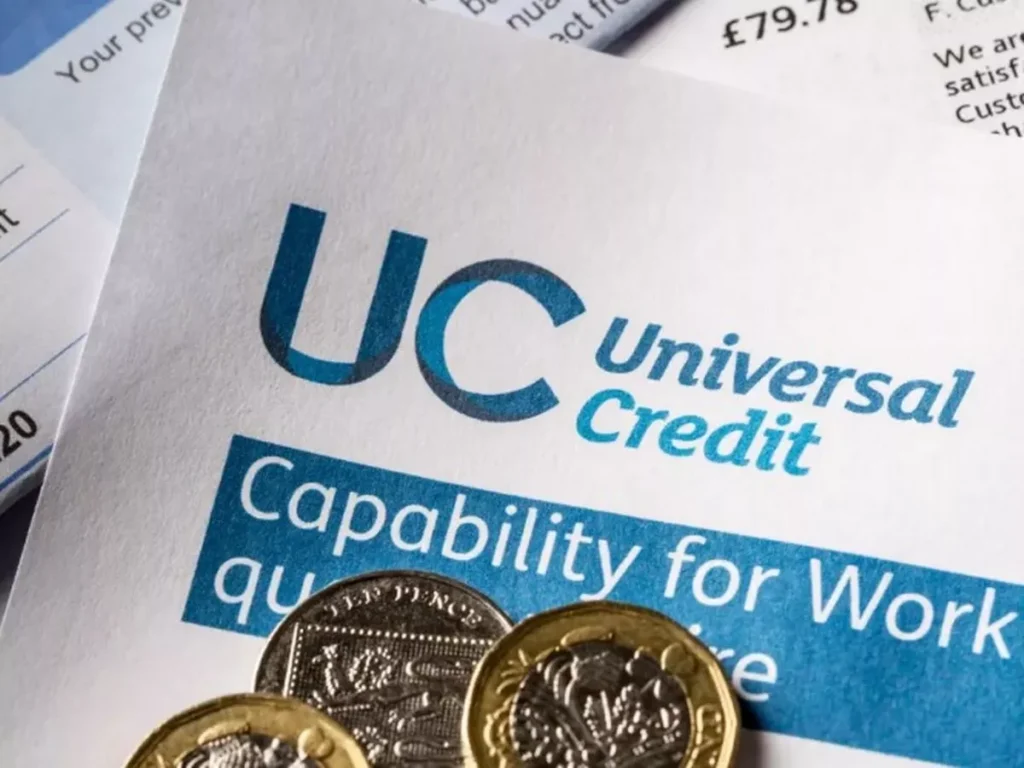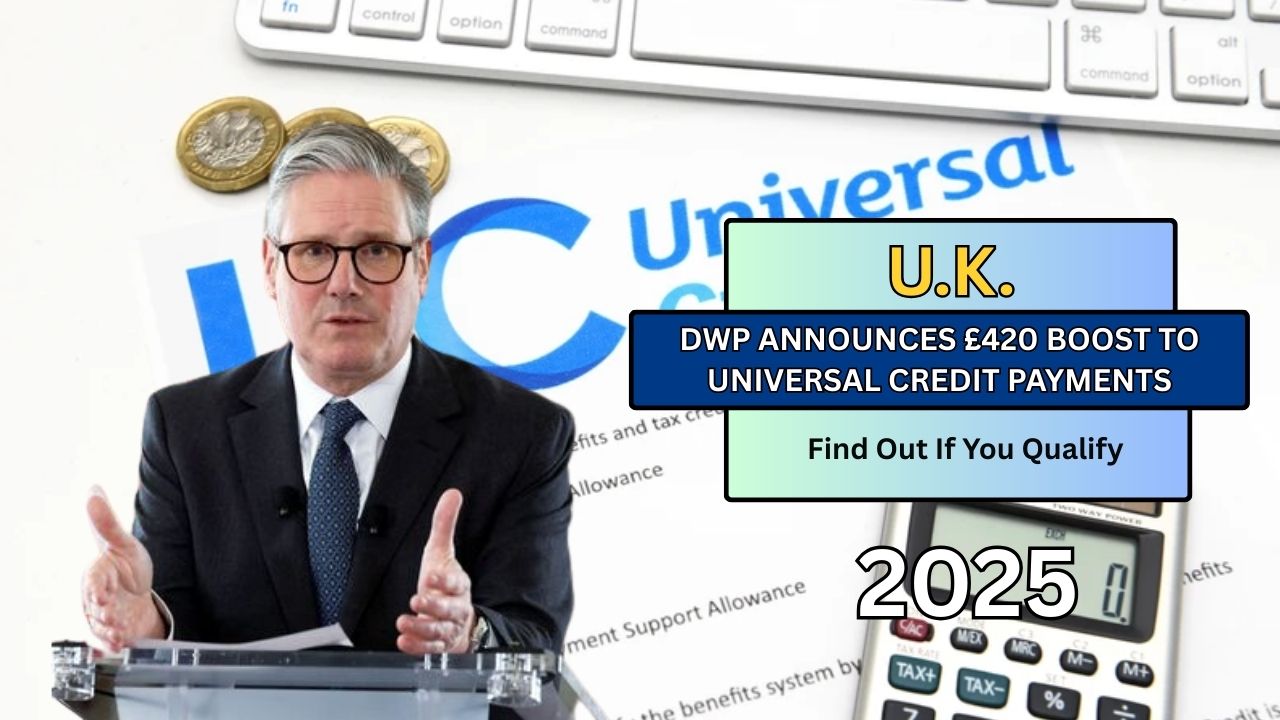The UK government has announced a significant change to Universal Credit, providing a much-needed financial boost for many households starting from next week.
With millions of people in receipt of Universal Credit, the Department for Work and Pensions (DWP) will be implementing a new policy that will increase some claimants’ payments by up to £420 annually.
This change, which will take effect from April 30, 2025, aims to ease the financial pressures many households face, especially in light of the ongoing cost-of-living crisis.
What’s Changing for Universal Credit?
Starting next week, the DWP will reduce the amount of Universal Credit payments that can be deducted for things like loan repayments and overpayments. Specifically, the maximum amount that can be deducted from a claimant’s monthly payment will drop from 25% to 15%.
This reduction in deductions will apply to all new claims and existing claimants, benefiting around 1.2 million households across the UK. The move is part of an effort to ensure that claimants keep more of their Universal Credit payment, thereby helping them to meet their living costs more effectively.

For example, a single claimant under the age of 25 who had previously faced a £79.25 monthly deduction will now see their deductions reduced to £47.55. This means they will receive an additional £31.70 per month, or £380 more annually. A couple where at least one individual is 25 or over could benefit from an additional £62 per month.
Who Will Benefit from the £420 Boost?
This new change is expected to provide crucial support to low-income families, including many with children.
According to the DWP, approximately 700,000 families with children will directly benefit from the reduction in deductions. The overall financial impact could mean that some households will see their payments increase by up to £420 per year.
The policy shift comes at a time when the UK is grappling with rising living costs, including skyrocketing energy prices, food inflation, and housing costs.
By reducing the deductions on Universal Credit, the government hopes to alleviate some of these burdens, giving claimants more disposable income to cover essential expenses.
This adjustment follows calls from numerous charities and social support groups that have highlighted how cuts to Universal Credit have pushed many families further into poverty.
These organizations argue that by reducing deductions, the government is taking a step in the right direction, though many still advocate for further increases to the base payment.
Are You Eligible for the Universal Credit Payment Boost?
Eligibility for Universal Credit is means-tested, and it is available to individuals who meet certain criteria. You may be eligible for Universal Credit if:
- You are aged 18 or older (with some exceptions for 16-17-year-olds)
- You are on a low income or out of work
- You have savings or investments of less than £16,000
- You are a UK resident
If you are already receiving Universal Credit, this change will automatically apply to your payments, and no action is required on your part.
However, if you’re unsure about your eligibility or want more information on how the changes will affect you, you can check your status or apply through the official DWP Universal Credit page.
What Can You Do if You’re Struggling Financially?
Even if you’re not yet receiving Universal Credit, there are other support options available. For those struggling with bills, debt, or housing, there are various government schemes designed to offer assistance.
Some of these include energy bill support, food vouchers, and housing assistance. Additionally, people who are in debt may qualify for repayment programs that reduce the burden of monthly payments.
For help with managing debt or applying for financial assistance, visit the MoneyHelper website, which provides free, impartial advice on managing your money and accessing available benefits.

A Step Towards Addressing Poverty
This reduction in Universal Credit deductions is a positive change for many families, especially those struggling to make ends meet.
However, experts argue that the government must go further to address the root causes of poverty in the UK. Many advocates continue to push for a permanent increase in Universal Credit payments to account for the rising costs of living, and for the benefit to be made more widely accessible to ensure fewer families fall through the cracks.
While this adjustment is a welcome relief, the conversation surrounding Universal Credit is far from over. Stakeholders from across the political and charity spectrum will continue to monitor these changes, calling for further reforms to ensure that Universal Credit can provide effective support to all who need it.
This article has been carefully fact-checked by our editorial team to ensure accuracy and eliminate any misleading information. We are committed to maintaining the highest standards of integrity in our content.

Deepak Grover is a dedicated content writer at OTE News, specializing in government affairs, public policy, and current events. With a keen eye for detail and a passion for factual reporting, he ensures readers receive accurate and insightful news. Deepak holds a degree in Political Science and has experience in research-driven journalism.
When not writing, he enjoys reading historical books, exploring hiking trails, and staying updated with global political trends. His commitment to ethical journalism makes him a trusted voice at OTE News.




